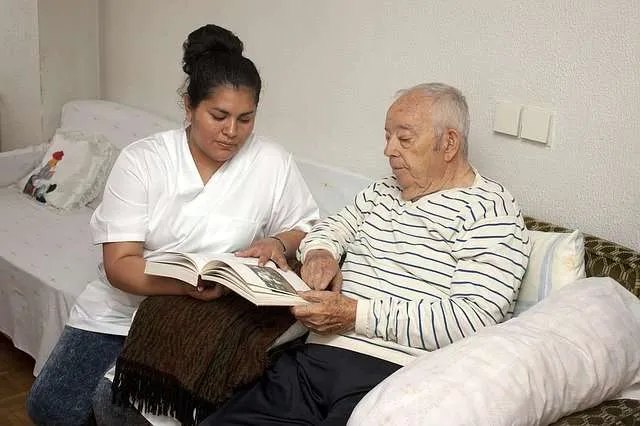In our fast-paced world, the demand for in-home personal care is on the rise. As individuals strive to maintain their independence and quality of life, in-home personal care services have become a crucial aspect of healthcare. This blog explores the significance of in-home personal care and how it contributes to the overall well-being of individuals in need.
Section 1: The Rise of In-Home Personal Care In recent years, there has been a paradigm shift in the way we approach healthcare, with an increasing emphasis on personalized and patient-centered services. In-home personal care has emerged as a viable solution for those who prefer to receive care in the comfort of their own homes. This shift is not only practical but also contributes to the emotional and mental well-being of individuals.
Section 2: Maintaining Independence and Dignity One of the primary benefits of in-home personal care is the preservation of independence and dignity for those receiving care. Aging or dealing with a chronic illness can be challenging, and being able to stay in familiar surroundings can significantly enhance a person’s sense of autonomy. In-home personal care allows individuals to maintain control over their daily lives and routines, fostering a sense of dignity that is sometimes compromised in institutional settings.
Section 3: Tailored and Personalized Care Plans Unlike one-size-fits-all solutions in some healthcare facilities, in-home personal care enables the creation of tailored and personalized care plans. Caregivers can work closely with individuals and their families to develop plans that cater to specific needs, preferences, and schedules. This personalized approach not only enhances the effectiveness of care but also contributes to a more positive and supportive caregiving relationship.
Section 4: Emotional and Mental Well-Being In-home personal care goes beyond addressing physical needs; it also plays a crucial role in supporting emotional and mental well-being. Being surrounded by familiar environments, family, and personal belongings can have a positive impact on an individual’s mental state. Moreover, the companionship provided by caregivers can combat feelings of isolation and loneliness, contributing to overall emotional well-being.
Section 5: Cost-Effective and Efficient In-home personal care can be a cost-effective alternative to institutional care. It eliminates the need for expensive facility fees and allows individuals to receive the necessary care without the burden of additional costs. Moreover, it often proves to be a more efficient use of resources, as caregivers can focus on specific needs without the distractions that may arise in a communal setting.
